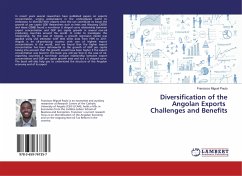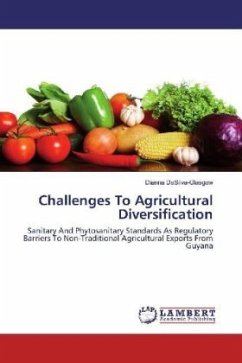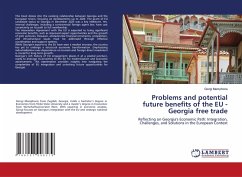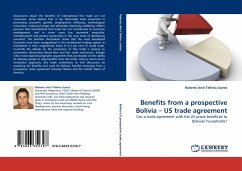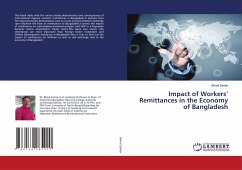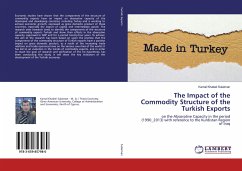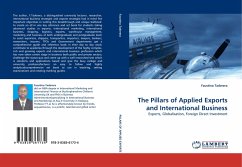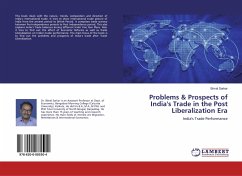In recent years several researchers have published papers on exports concentration, urging policymakers in the undeveloped world to endeavour to diversify their exports since this can contribute to boost the growth of per capita GDP. Researchers such as Imbs and Wacziarg (2003) and Hesse (2008) found a non-linear U shaped curve relationship between export concentration and GDP per capita growth in several non-oil producing countries around the world. In order to investigate this relationship, for the case of Angola, a growth regression model was applied using OLS estimator with time series data from 1995 to 2011. Angola is an oil-producing country with one of highest export concentrations in the world, and we found that the higher export concentration has been detrimental to the growth of GDP per capita taking into account that this growth would have been higher if the export concentration was lower.In this book you will see that in the case of oil-exporting countries a non-linear concave relationship between export concentration and GDP per capita growth exist and not a U shaped curve. The book will also help you to understand the structure of the Angolan economy and of its export
Bitte wählen Sie Ihr Anliegen aus.
Rechnungen
Retourenschein anfordern
Bestellstatus
Storno

